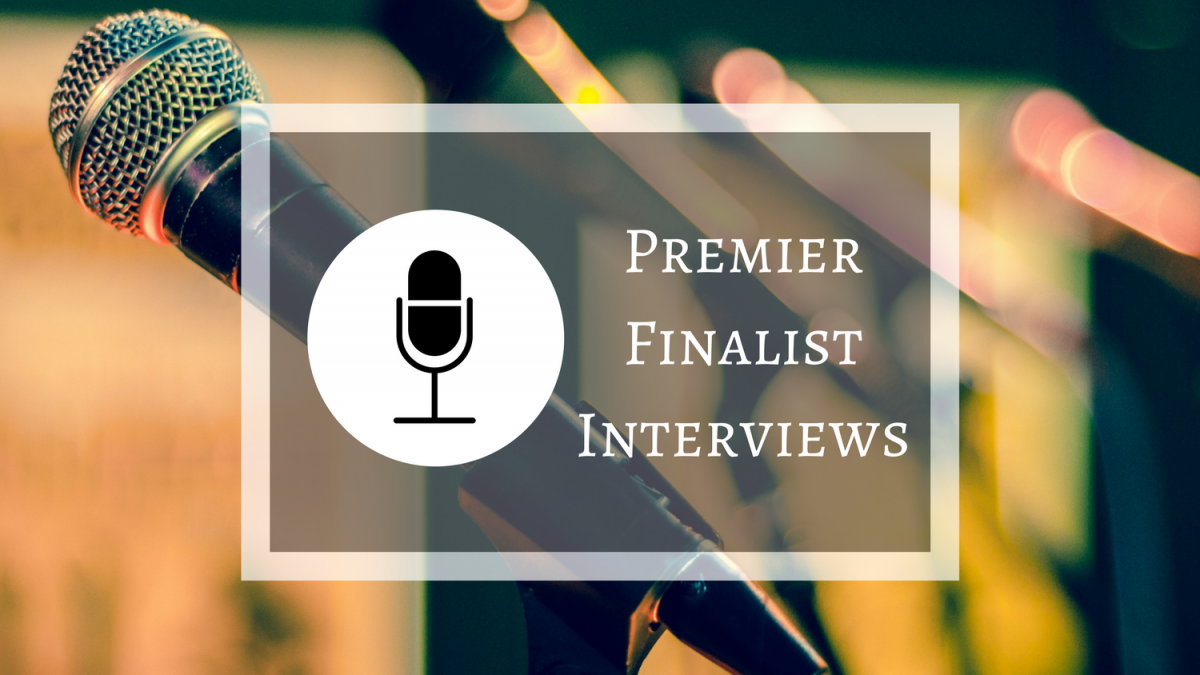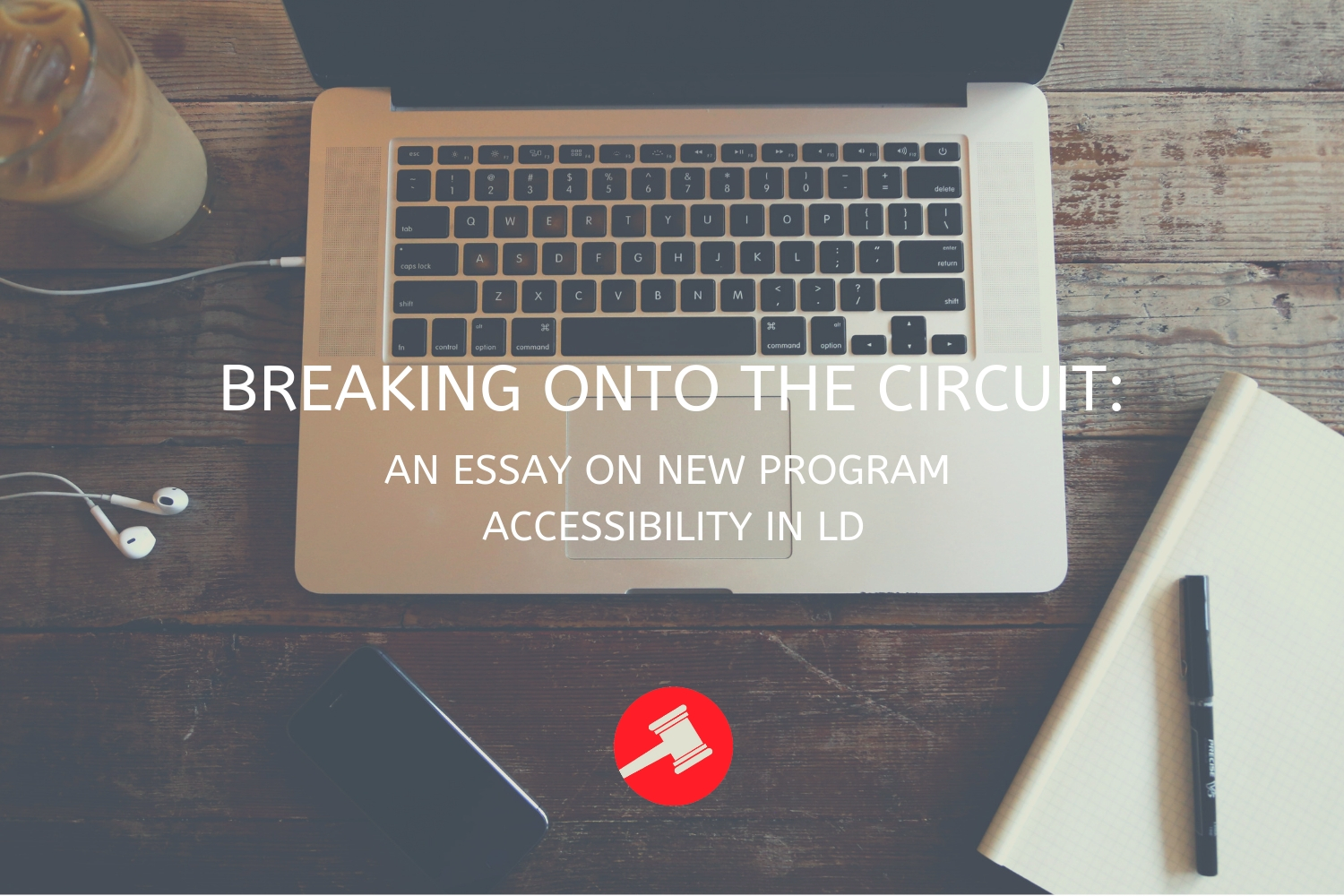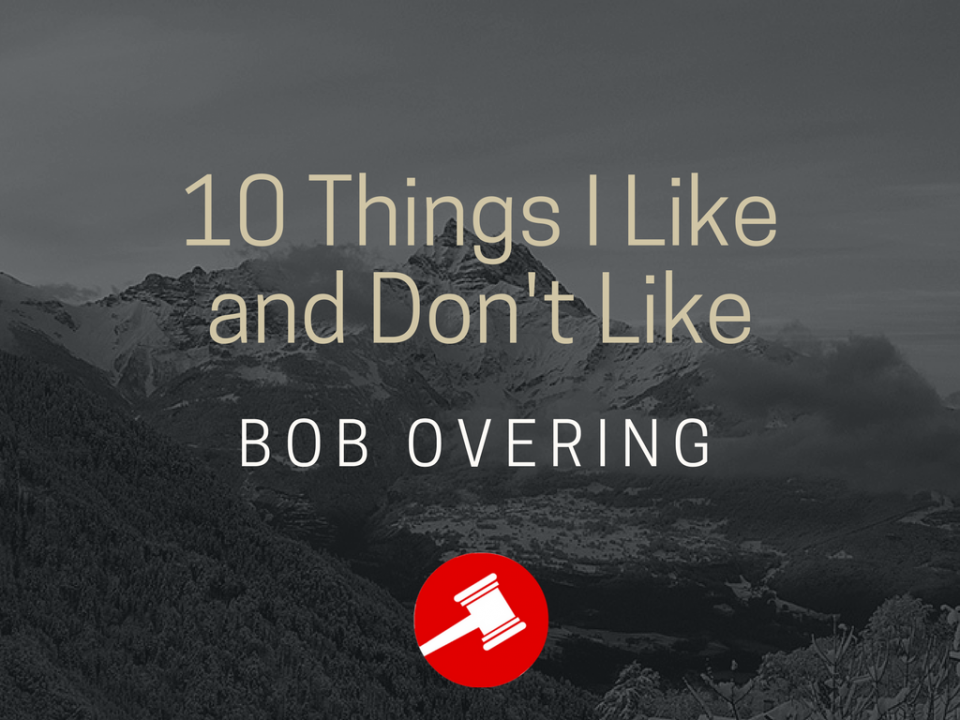2017 Jack Howe Memorial Finalist Interviews

Finalist Interviews
Eric Deng (San Marino ED) defeated Farzaan Kaiyom (Torrey Pines FK) in finals to win the Jack Howe Memorial Tournament! Premier Debate has exclusive interviews with both these debaters!
Eric Deng (San Marino ED), Champion
Question: As a new bid tournament, did Jack Howe differ much from other bid tournaments in terms of judging or competition? How was the overall experience?
Eric Deng: I thought the judging was actually pretty fantastic considering that it was its first year as a bid tournament. Shout-out to Teja for securing relatively decent judges. I didn’t have prefs for elims because of a little judging mishap, but I still got pretty good judges.
The competition was definitely a little easier than some of the other tournaments I’ve been too, but I hit Jackson Deconcini round 1 so there was that. Prelims usually feels the same at most tournaments. Overall, the tournament was a lot more well-run compared to when it was just a local tournament.
Q: You had the rough round 1, but you preceded to win every single round after that. What positions did you read to achieve so much success?
ED: I was actually pretty relaxed going into the tournament. I wanted to test out some positions that I normally wouldn’t read or hadn’t had a chance to read like the Postmemories Aff. I’ve also had a newfound appreciation for advantage counterplans because they’re extremely versatile and strategic in getting access to core disads, but still able to solve the Aff without linking to the disads. When it came to elims, the main disad I read was DACA politics because it’s such a flexible disad. It turns structural violence Affs and internal link turns a lot of core Aff positions. There’s a lot of time-frame weighing you could go for with disads, especially with soft left Affs that rely on some sort of protest or cultural shift that makes weighing more clear cut.
Q: Lots of policy-style debate! Is that your main forte?
ED: Actually, I love K debate and that was what I initially wanted to invest in this year, but the politics disad is just so fun to read and strategic! People will just get popped by the specificity of your evidence even if it’s somewhat dated. At camp, I also really worked on my policy-style debate by forcing myself to read a lot of counterplans to familiarize myself.
Q: How do you think your current style will play out on the new topic? [For reference: Resolved: Wealthy nations have an obligation to provide development assistance to other nations.]
ED: I think that I’ll be able to read a lot more Ks on this topic. Surprisingly, I only read a K on the neg once this entire topic. There were just a lot of soft left affs that didn’t grant me solid links, or it just wasn’t a strategic option to go for. For the aff, I think that going hard right might just be more strategic than some soft left affs because K lit flows heavily neg on the question of developmental assistance. Going hard right guarantees that people can weigh some big stick impacts against the K versus going for the state good debate, which they’ll most likely lose. I think I’ll probably have to go for topicality a lot more, considering that the topic is extremely vague. I guess the tl;dr is to be prepared for a lot of plans and Ks.
Q: Are there any aspects of debate that you currently feel could be changed or altered to be better?
ED: I think that Affs right now are constructed horribly (I’m guilty of this as well). I think a lot of the judges that judged me can attest to this. Whether its coaches or debaters, the advantages that they cut have extremely tenuous or non-existent internal link chains that the affs access little to zero solvency. Another thing is that people should get off of their blocks. Blindly extending arguments without consideration for the round is usually detrimental. I can’t even count on two hands how many times people read blocks for the wrong politics disad because people weren’t thinking about the arguments I was reading or making.
Also, on another note, I know the value in being not dogmatic about certain arguments in debate, but I think that using positions to shirk important discussions or say that they are irrelevant is particularly disappointing and disrespectful to those who have embraced their advocacies. To some, debate might be a game and that’s ok, but people should respect those who think debate is much more than that.
Q: Thanks for taking the time to talk with us! Before we go, do you want to make any shout-outs?
ED: Shout-out Eswar Mohan because he wanted one, Vincent Liu because I’ve bid every time I walked him over, and Brian Kam for finally clearing after all the work he’s put into debate. I’d also like to give a huge shout-out to Debatedrills. Y’all are the hardest working people I know and none of this would be possible without the prep and practice rounds that I’ve done with y’all. Finally, I want to give a shout out to Jason Chan (Arcadia JC) in particular. He’s only a sophomore and he’s been beating people with multiple bids. He’s also the hardest working debater I know and still helps me when I’m at tournaments despite him dropping out. He’ll be tearing up the circuit now that he’s warmed up and I know that he’s going to leave his mark.
Farzaan Kaiyom (Torrey Pines FK), Finalist
Question: A month into the topic, positions are getting solidified. What positions did you read this weekend, and how did they help you succeed?
Farzaan Kaiyom: This weekend I read an affirmative that dealt with a professional draft. The plan drafts all citizens ages 25-45 into a special reserve which is basically just a standing list of people categorized by their technical specialties. This would allow for a plethora of people to be called up instantly in case of a natural disaster. That means that the US would be prepared with specialists for anything from a grid shutdown or stock market crash to a pandemic or hurricane. The specific plan was advocated by one of the directors of the Selective Service agency, who described its contemporary relevance and countless benefits. This made the T debate something I didn’t really have to deal with since the director addressed how the draft would technically be a military draft and also how it would be the only plausible draft in the status quo. The most strategic part about this Aff for me was its flexibility. I read one version where the impacts were existential and another where they were more structural. This allowed me to better preempt arguments that I knew my opponents would be reading.
On the negative I primarily read two kritiks: Afropessimism and Settler Colonialism. In my opinion these two kritiks are very relevant to discourse surrounding “national service” and existential threats, so they linked very well to pretty much every Aff on the topic. I also read a cybersecurity kritik specific to a Cyber Aff. Another specific negative I read was a disadvantage that impact turned Loyola’s China Aff and basically said that China War right now would be good. In general, I think the fact that I made sure to tailor all of my negative strategies to specific affirmatives, whether it meant cutting new links for my kritiks or creating entirely new specific strategies, helped me succeed on the negative.
Q: Given the amount of your adaptation to opponents, do you think you have a core style? And did you have any points mid-round where you had to re-evaluate your strategy and pivot?
FK: I would describe my core style as kritikal. I have almost always read kritiks more often than any other position, but this year I’ve made it my goal to diversify my style. Finals was a good example of when I had to completely re-evaluate my strategy. By the 1AR I had realized that I probably wouldn’t be able to win the substance debate after a 1NC with specific links and turns to my 1AC, so I went for 50 state fiat bad theory. It worked out pretty well, until I lost the drop the debater vs drop the argument debate. It showed me that switching strategy mid-round can actually work really well-I just need work on some of my theory blocks.
Q: That was finals, but I heard there was a story behind your round 1 at the start. Is there a story behind it you’d be willing to share?
FK: Round 1 was a mess. Most of my school’s team went to Long Beach on Friday and stayed at an AirBnB, and I didn’t want to pay more after hired judge fees, so I decided to just drive back and forth from San Diego to Long Beach.
This wasn’t my smartest decision. I set an alarm for 5am but I guess I turned it off in my sleep. I woke up at 7am and looked at my phone to see the time and my round one pairing. For about 10 minutes I just sat on my bed and contemplated dropping from the tournament. After a bit I decided to throw on my dress shirt and drive to the tournament. I luckily made it to round 2 and the rest of the rounds. The moral of the story is to never leave your team and to always give things a shot, because you never know what you can achieve.
Q: Moving forward, what’ll your next tournament be? And have you given any thought as to how you’ll approach the new topic? [For reference: Resolved: Wealthy nations have an obligation to provide development assistance to other nations.]
FK: My next tournament will be Voices/Presentation, and I’m looking forward to the Round Robin afterwards. I’m eager to be involved in a competition that represents such a great organization and look forward to debating some of the nation’s best debaters.
As for the new topic, I’ve only lightly thought about it, but I feel that it opens up a lot of options for both affirmatives and negatives. In specific, I think the vague wording of the resolution allows for some pretty creative affirmatives. I can see coloniality Affs and Affs similar to San Marino’s Counter Narratives Aff coming, so I feel that kritiks will be a big part of this topic. I’m excited to see how other debaters interpret and engage this resolution and hope that everyone else is too.
Q: Last question! Are there any issues in the activity you feel passionate about, or anything you’d like to discuss that we haven’t thus far?
FK: I’m very passionate about making debate less exclusionary and more diverse. I feel that the way that women, LGBTQ+ people, and people of color are sometimes treated in debate is very contrary to what our activity stands for. As much as we like to think we’re “woke” as debaters, some of us fall trap to the very things we criticize. I think it’s unacceptable for anyone to say, for example, that black debaters win just because of their race and that they read antiblackness, yet those are some of the very things I hear at tournaments. I feel that these are all issues we ignore, but we really shouldn’t. I think that debate could gain a lot from becoming less desensitized.
What I mean is that I think people need to become less disconnected from the things they say in debate. That way people would be less problematic both in and out of debate since connecting yourself to what you say forces you to think more about how what you say affects others.
Q: It’s definitely important to be cognizant of our discourse and actions within the community. Thanks for sharing. Before we conclude, any shout-outs?
FK: I’d like to thank my coach Chris Vincent for being a fantastic source of support both in terms of coaching and life in general. I’d also like to thank my previous coach Matt Reichle, who still helps me out from time to time even though he coaches UTSA, for sparking my passion for debate. In terms of fellow debaters, I’d like to shout out my only teammate Joshua Chung, whose parents are the only reason I’ve been able to compete this year, and Anya Poplavska, who’s been a great source of support for me for a while. I’d also like to thank Bianca Rathwick for convincing me not to quit LD until college debate by reminding me how much I care about this activity.
Lastly, I would just like to thank the entire debate community for being so fantastic. Although it has its ups and downs, debate is the best activity I’ve ever participated in. I’ve never seen an activity that is so intellectually powerful and at the same time so accepting. I’m glad to have spent so much of my time on such a remarkable pursuit and hope that the general debate community feels the same way.
Thanks to Eric and Farzaan for sharing an in-depth look at their experiences this past weekend! The Holy Cross Interviews will be out later this week. And if you have questions you’d like us to ask in these interviews (or general feedback), please let us know by following this link.


